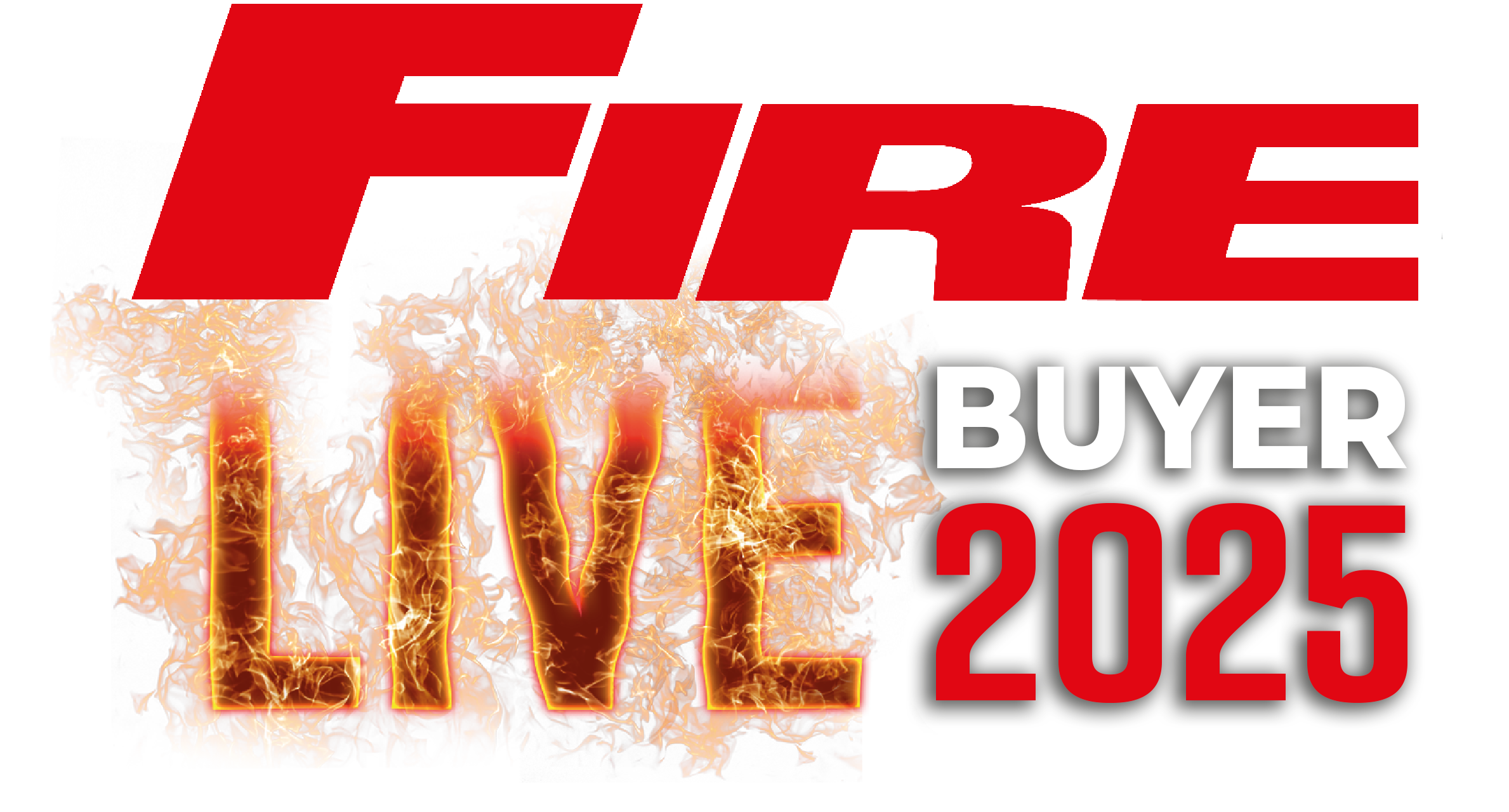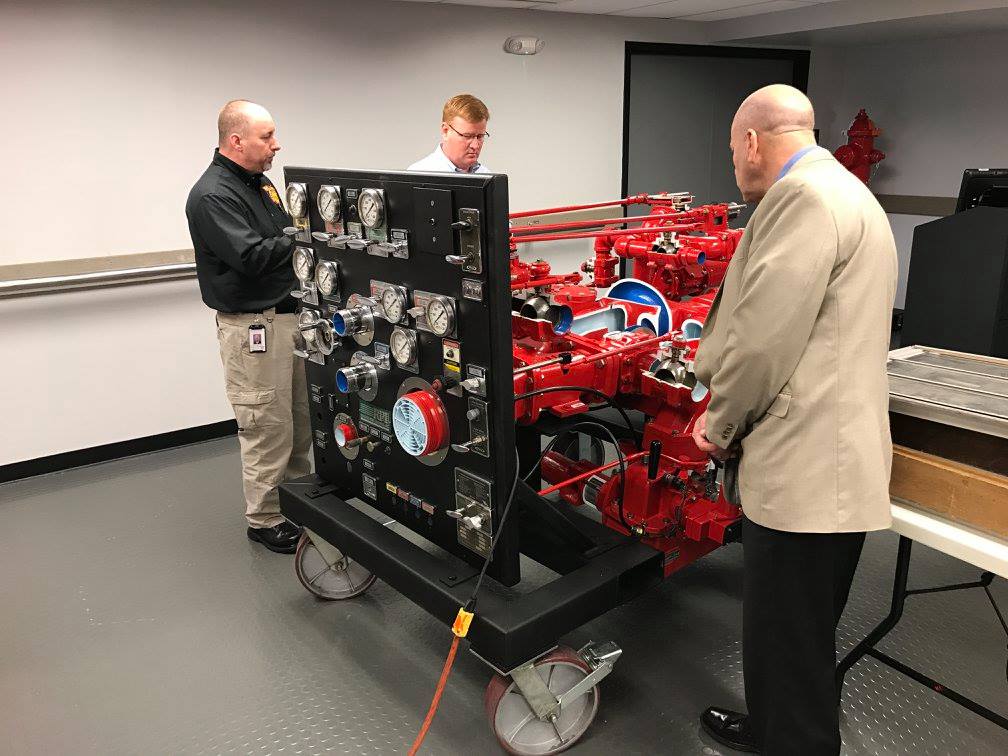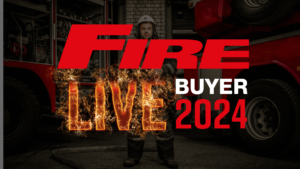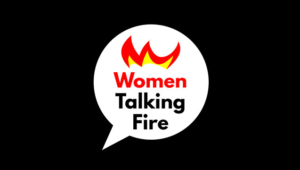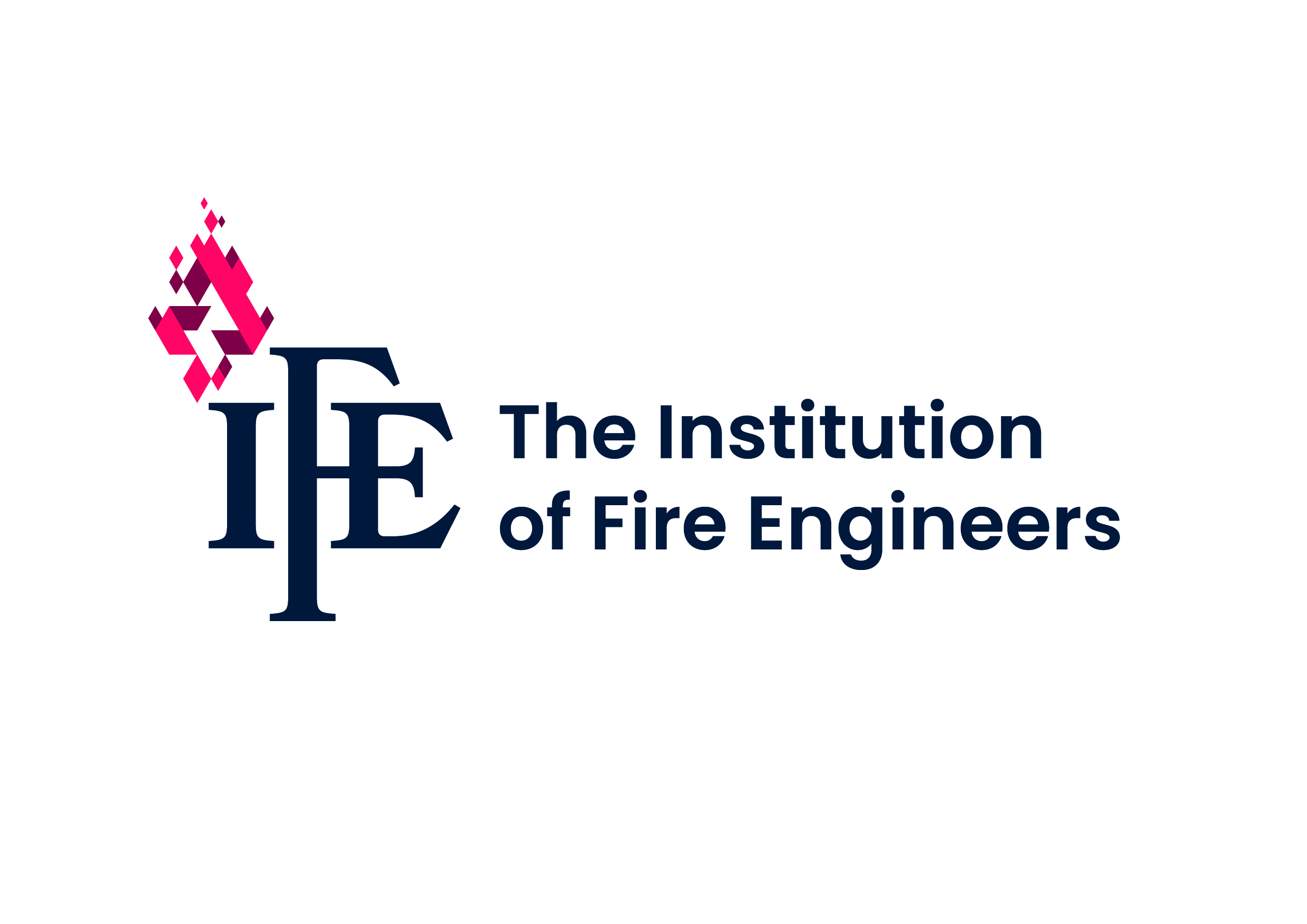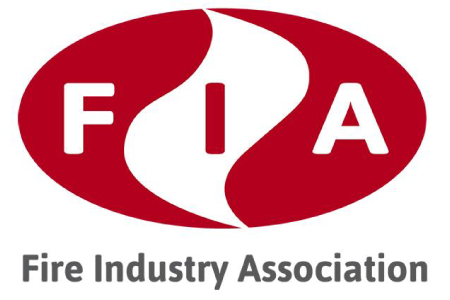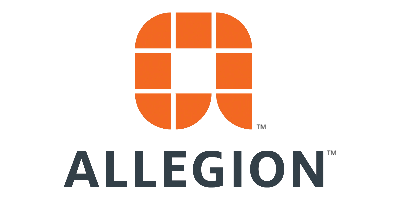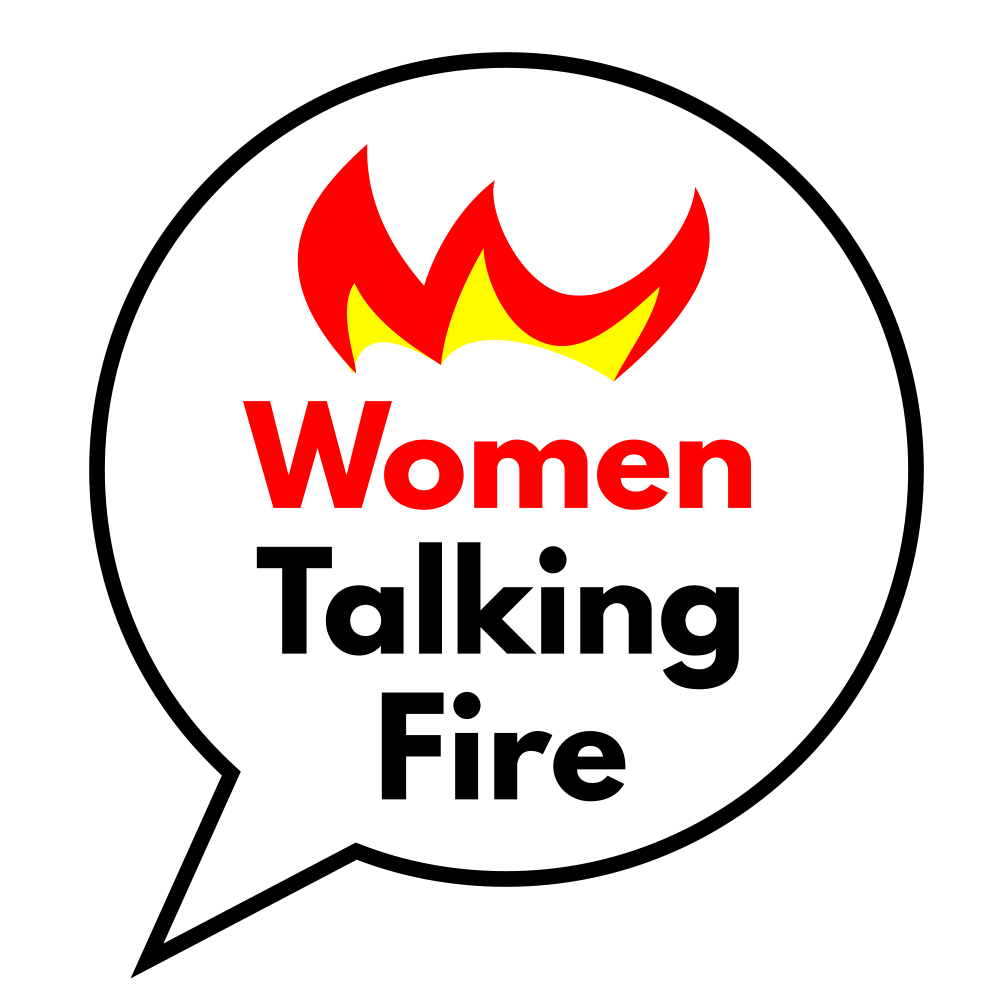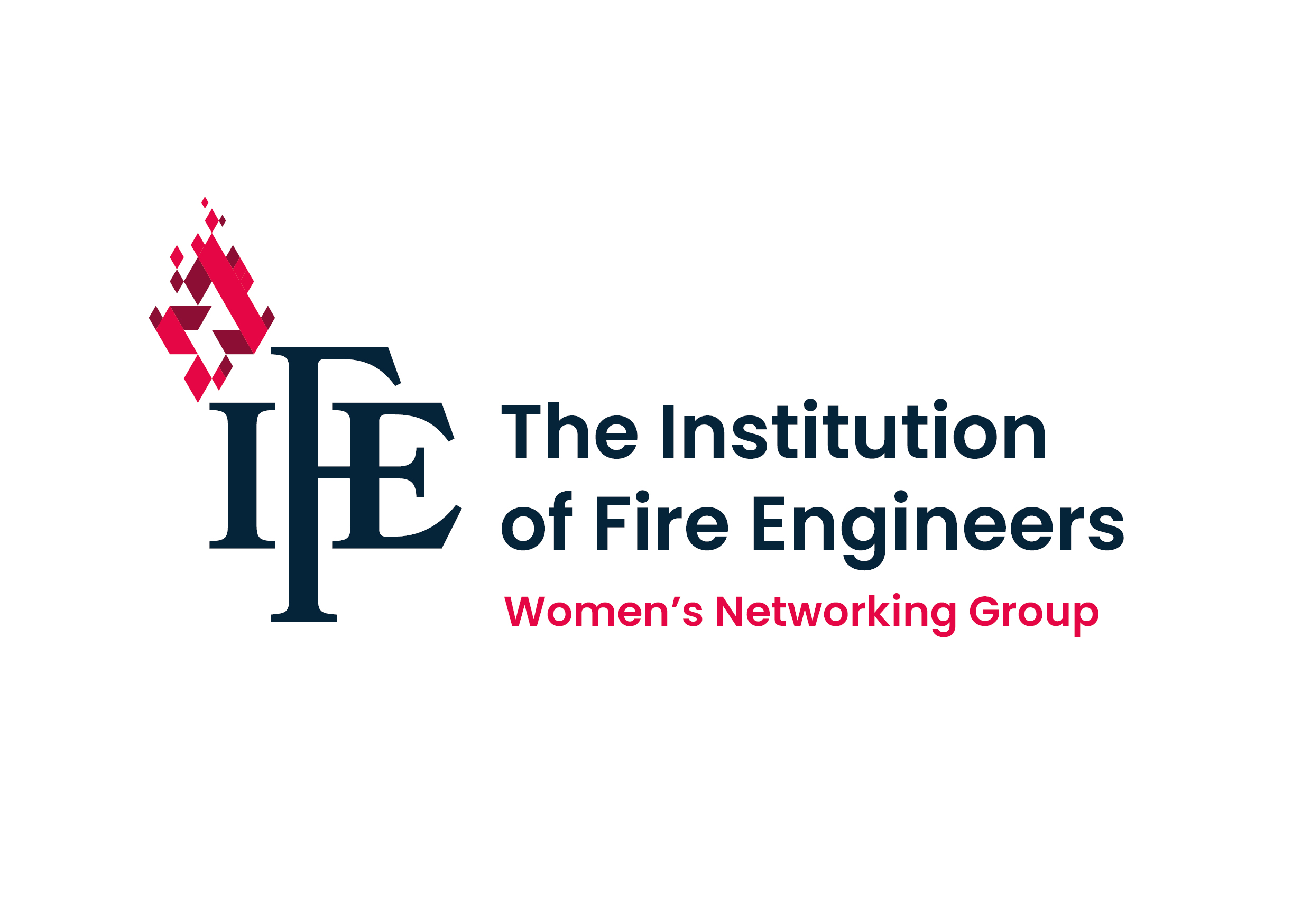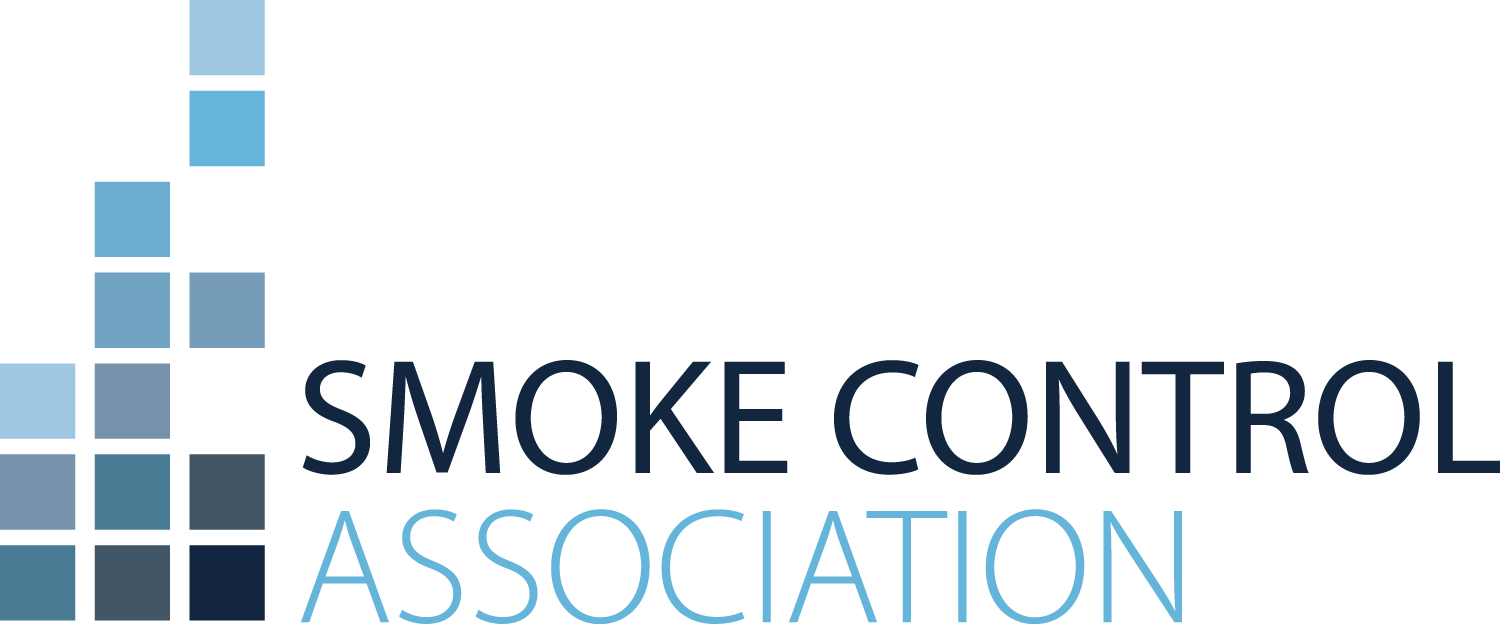 Fire Buyer talks to Derek Simmons, Certificate Assembly Board of Governor Chairman, IFSAC to find out more about the organisation and the accreditation system
Fire Buyer talks to Derek Simmons, Certificate Assembly Board of Governor Chairman, IFSAC to find out more about the organisation and the accreditation system
The International Fire Service Accreditation Congress (IFSAC) is a not-for-profit, peer-driven, self-governing system of both fire service certifying entities and higher education fire-related degree programs. IFSAC’s mission is to plan and administer a high-quality, uniformly delivered accreditation system with an international scope.
IFSAC was founded in 1990 to establish a new national accreditation system for fire service certification programs. In 1992, the development of an accreditation system for fire-related degree programs began.
The member entities of IFSAC are represented in a congress that deals with the general business of IFSAC and is overseen by an elected Council of Governors. The membership is then separated into two assemblies which specialise in the issues unique to degree-granting institutions and certifying entities. Each assembly has a board of governors, elected from the membership, which acts upon all accreditation applications; ensures accreditation is performed on a valid, credible, nondiscriminatory, and timely basis; suggests guidelines and policies; and clarifies adopted policies. IFSAC’s administrative office handles the daily operations of the organisation and is an outreach department within the College of Engineering, Architecture and Technology at Oklahoma State University.
The IFSAC Certificate Assembly provides accreditation to entities that certify the competency of and issue certificates to individuals who pass examinations based on National Fire Protection Association (NFPA) fire service professional qualifications and other standards recognised by the Assembly. The accreditation is made at the state, provincial, federal government, country, or territorial level for firefighter certification programs.
The IFSAC Degree Assembly accredits fire science or related academic programs at colleges and universities. Accreditation includes both two-year associate degrees and four-year bachelor’s degrees. An IFSAC accredited program indicates that course offerings, institutional support, and qualified faculty are working together in completing their educational mission. The IFSAC Degree Assembly is recognised by the Council on Higher Education Accreditation (CHEA) as a programmatic accreditor of fire and emergency related degree programs.
In both assemblies, accreditation is granted only after an integral self-study is conducted by the entity or institution seeking accreditation, followed by an on-site review by a panel consisting of peer representatives from other member entities or institutions.
Currently the certificate assembly has 69 accredited members in the United States, Canada, Egypt, Germany, Oman, Qatar, Saudi Arabia, South Africa and the United Arab Emirates, while the Degree Assembly has 30 accredited members in the United States, Saudi Arabia, Oman, and Canada
Fire Buyer talks to Derek Simmons, Certificate Assembly Board of Governor Chairman, IFSAC to find out more about the organisation.
You recently celebrated 30 years of fire service accreditation, have there been many challenges along the way?
As with any international organisation most of our challenges are due to our success in our growth. Our membership has expanded into the Middle East, South Africa, parts of the EU and recently into Asia. With this expansion comes language and cultural differences that we have to embrace and fine creative solutions which will enable our members to offer certification testing to the fire and emergency services in these regions. One of the strengths of IFSAC is that while most of our members test and certify to NFPA Standards, IFSAC has the ability to recognise other standards that are properly developed and approved within a specific jurisdiction to meet their unique requirements.
How important is it for members of the fire industry to be properly certified and qualified?
The world is moving more and more toward standardisation as it relates to building construction and products standards which will increase the fire and life safety in our build environment. As fire service professionals we have to ensure that our firefighters and other emergency responders have the necessary knowledge and skills to work safely and effectively in an ultra-hazardous workplace. While proper and adequate training is critical, we must also find a way to test and validate that the firefighters can perform to professional standards. IFSAC has the accreditation system that can provide a third party validation of the member’s testing and certification system. In recent years we have found that more and more employers are looking for employees that are certified by organisations that are accredited by organisations like IFSAC
How has Covid-19 changed the way the industry looks at training? (E.g, e-learning/virtual training etc)
Covid-19 has affected all of our members and the way they conduct their business. With an international scope we have members who had to suspend operations for various periods of time while others moved to restricted activities with limited interaction between students and instructors/evaluators. IFSAC is responding to the needs of its members by exploring secure and valid testing methods that will provide consistency and security in the certification process. Most of our Degree Assembly members were able to move their higher level educational programs to an on-line platform and continue to offer their services.
With the postponement of events over the past year, has it been difficult to communicate with and guide the industry?
IFSAC has been fortunate enough that we continued to maintain a strong communications network with our members. While the spring meeting in 2020 was cancelled the fall meeting proceeded as a virtual meeting with members from around the world participating even with the different time zones. This year’s spring meeting is scheduled for April and will be a virtual meeting, however the fall meeting planned to be a face to face meeting in Tulsa, OK, depending on the travel restrictions related to Covid-19.
Fire equipment, apparatus, vehicles and more are all becoming more advanced technologically, where do you see the future heading?
The changes in building construction and fire protection is also resulting in changes to the standards for professional qualifications for firefighters and other emergency responders. As the research into health and safety identifies potential hazards, standards such as NFPA standards are changed to increase the level of safety for the fire service personnel. IFSAC members are required to update to revised standards within three years from the date that a revised standard is published. This ensures that fire service personnel are tested and certified to the most current and up to date standards.
Do you have any exciting plans for the near future that you could disclose to us?
IFSAC continues to expand its membership base into the EU and Asia. Currently, most of the members of IFSAC have a policy on reciprocity which will allow certification from one IFSAC member to be accepted by another IFSAC member subject to their policies. We look forward to a time where firefighters worldwide, who are tested and certified by an organisation using the IFSAC accreditation system will have worldwide reciprocity. IFSAC is scheduled to attend INTERSCHUTZ 2022 and we look forward to discussing all the benefits of membership with the conference attendees.
Quick Fire Q&A
Q: What is the difference between certification and accreditation?
A: To accredit is to give official authorisation to or approval of; to provide with credentials; to recognise or vouch for as conforming to a standard; to recognise (an educational institution) as maintaining standards that qualify its graduates for admission to higher or more specialised institutions or for professional practice. Accredit is often confused with certify. Accreditation involves the program or institution itself while certification is a function of the program or institution and applies to individuals.
Q: How does an entity or program become accredited?
A: The first step is for the entity or program to become a member of IFSAC by submitting an application for membership along with supporting documentation to IFSAC Administration. Perspective members can visit our website at ifsac.org for additional information regarding membership and necessary documentation.
